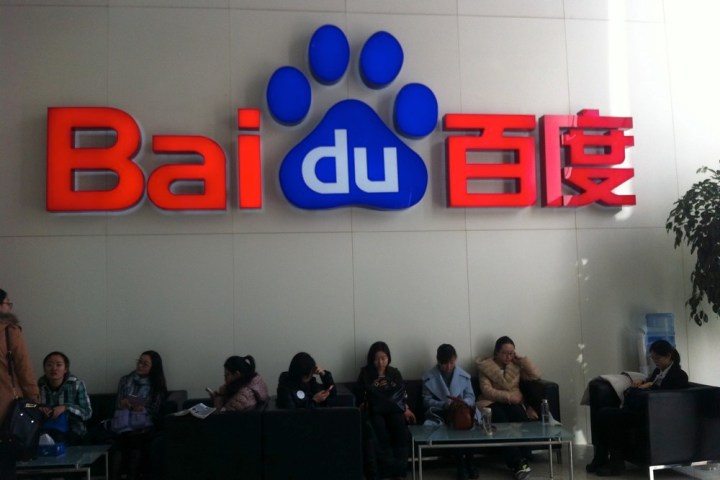
In order to reach this goal, the search engine behemoth will be partnering with Shouqi Limousine & Chauffeur, a car-hailing firm. As per a report from Xinhua, this partnership will allow for the speedier development of driverless cars. Baidu will equip Shouqi with Baidu Map service, as well as software and hardware tools like DuerOS and the Apollo platform.
“DuerOS is an AI platform that provides tools for developers looking to quickly build intelligent devices that anyone can interact with, primarily through voice and natural language conversation,” Baidu chief operating officer Lu Qi said. “The Apollo platform provides a software and hardware solution to specific partners and will help their vehicles navigate the roads using AI technology,” he added. “In the future, customers will enjoy a smart travel experience brought by the self-driving cars.”
The hope is that these self-driving cars will reduce traffic and mitigate accidents, according to Wei Dong, CEO of Shouqi Limousine & Chauffeur.
According to Boston Consulting Group projections, China will soon corner more than a quarter of the driverless car market, which is expected to hit 12 million by 2035. Contributing to the popularity of this technology in the eastern nation appears to be the widespread public acceptance of driverless cars. In 2015, a survey by Roland Berger found that 96 percent of Chinese citizens would consider using an autonomous vehicle in day-to-day transportation, whereas only 58 percent of Americans said the same. And given the often gridlocked traffic scene in China and the high prevalence of accidents, some are hopeful that self-driving cars could improve the overall transportation situation.
Baidu’s separate partnership with Chinese automaker BAIC Group could certainly help with that improvement. The automaker is already one of Baidu’s parters in its Apollo self-driving program, and this open platform will be leveraged to build Level 3 autonomous vehicles (where drivers can safely take their eyes off the road for some time while the car drives itself). Indeed, Level 3 cars are expected to be in production by 2019, and the company is hoping for fully self-driving Level 4 vehicles two years later.
Ultimately, experts say, the goal for China would be to employ driverless cars in taxi and car service businesses. “The real payoff for truly driverless technology will come when cars on the road are no longer owned by people, but are owned by fleet management services,” Bill Russo, managing director of the consultancy firm Gao Feng, told the AFP. “That’s where you want to think about taking the driver out of the equation. Mobility on demand is hugely popular here.”
Citing “very positive feedback” from the Chinese government, Baidu already has routes mapped out for its new public transportation system, and seems confident that autonomous cars and buses will usher in a new era for transportation in a seriously congested traffic situation. And as the company grows its team dedicated to self-driving cars, it looks like the new frontier for vehicular innovation may be slowly moving overseas.
Update: Baidu has partnered with Shouqi Limousine & Chauffeur to accelerate autonomous vehicle development.
Editors' Recommendations
- Cruise autonomous vehicle drives over woman just after she was hit by another car
- How a big blue van from 1986 paved the way for self-driving cars
- Apple Car will be fully autonomous with no driver input, insiders claim
- The future of cars: A new spin on an old idea could revolutionize autonomous vehicles
- Watch as an autonomous Mobileye prototype navigates the streets of Munich


